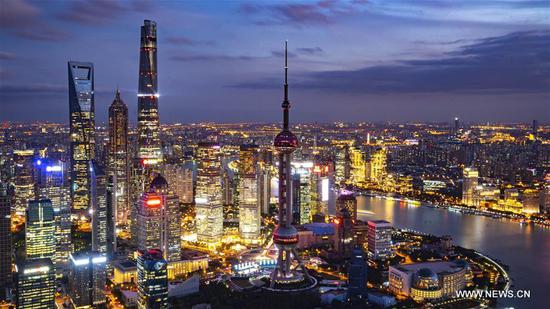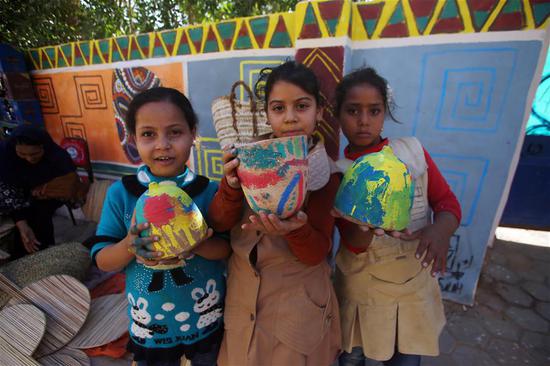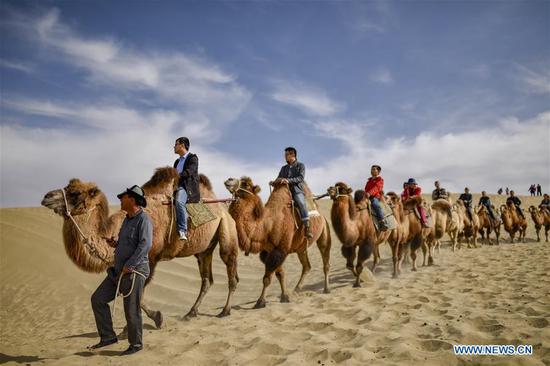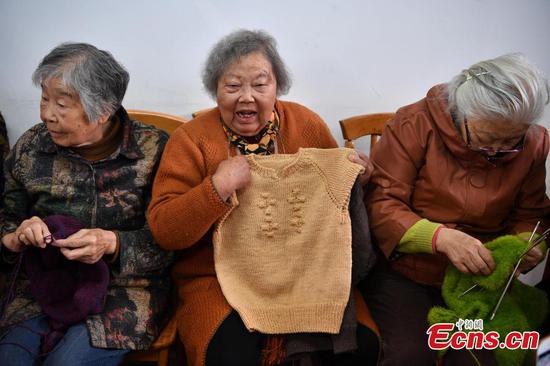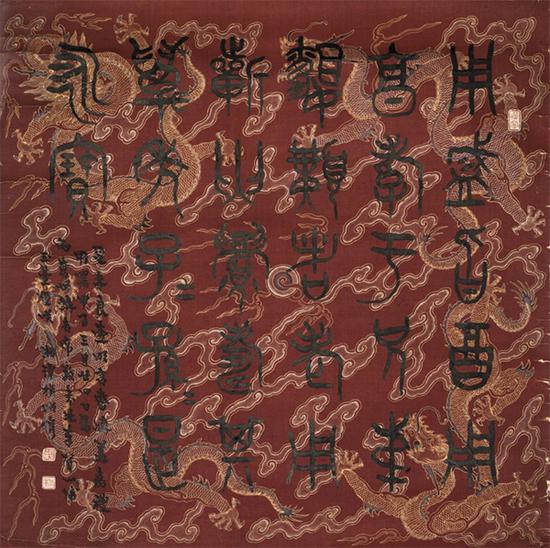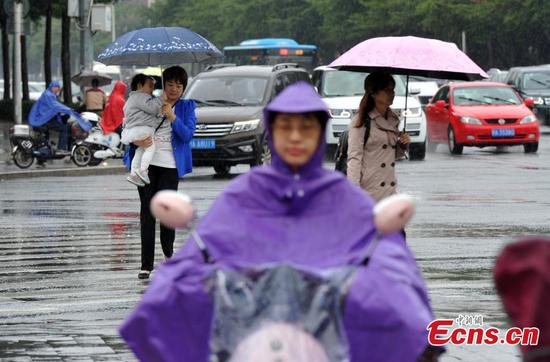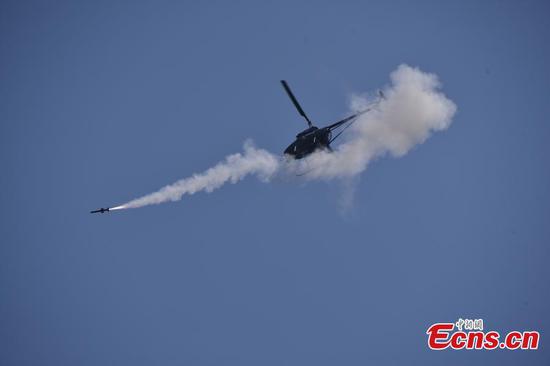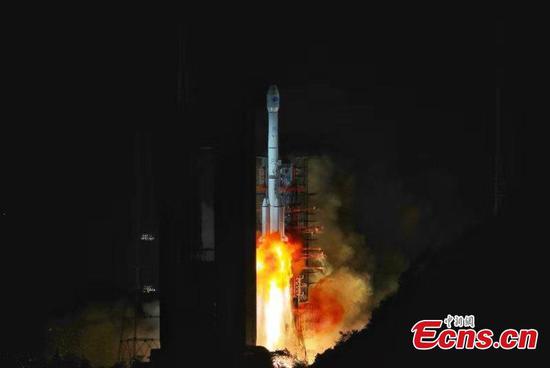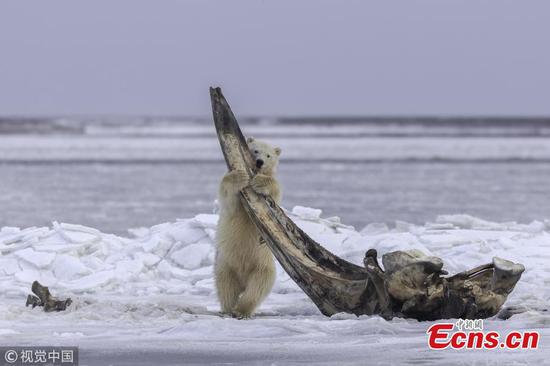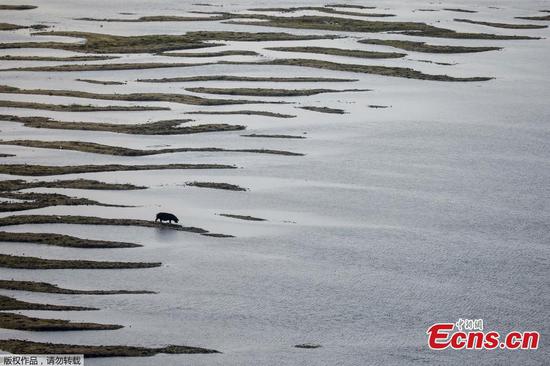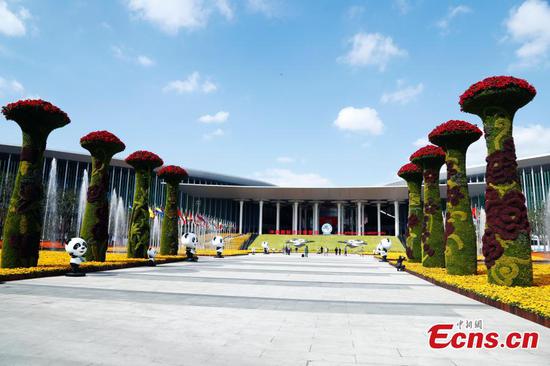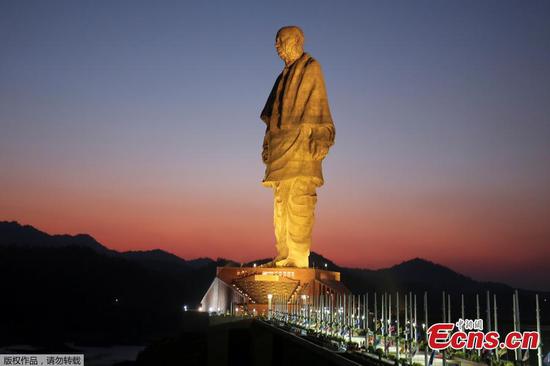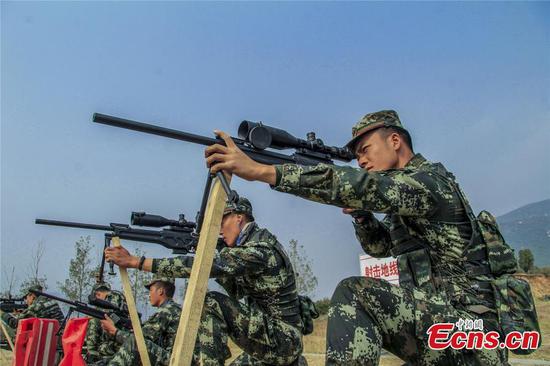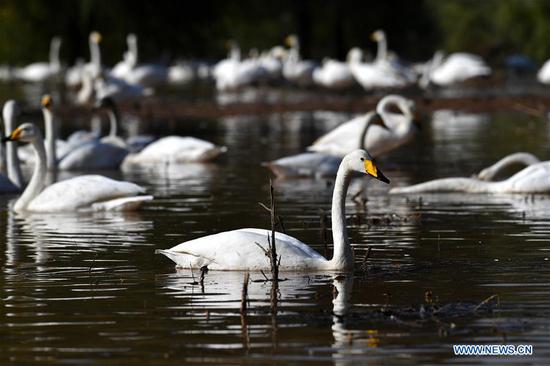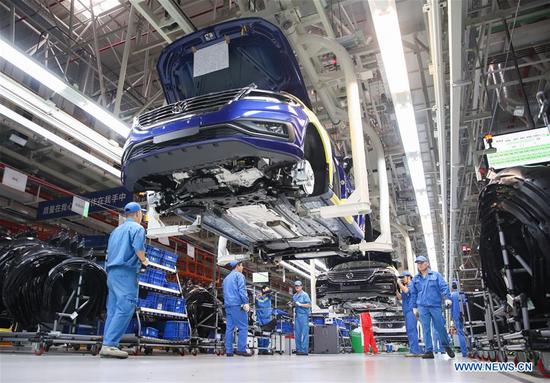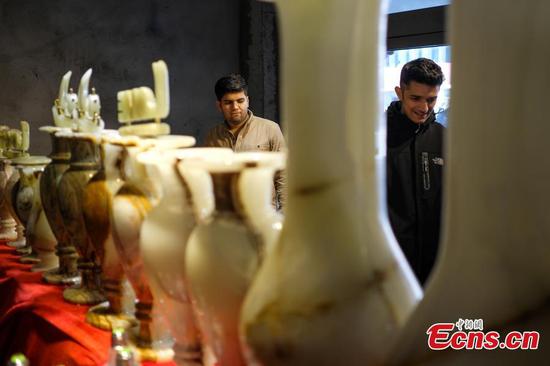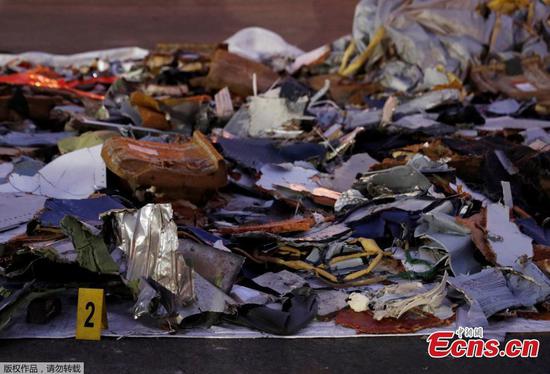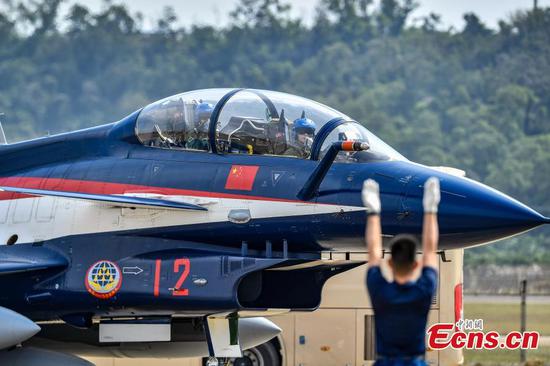Iran leader says latest move is attempt to 'hold back' economy
The decision by the United States to reimpose further sanctions on Iran has triggered widespread defiance and worries worldwide.
Washington issued a statement on Friday saying the sanctions, which will take effect on Monday, will be "the toughest" and "unprecedented", targeting many of the country's critical sectors like its energy, shipping, shipbuilding, and financial sectors.
This is in addition to sanctions the U.S. implemented in August.
"The sanctions also target transactions with the Central Bank of Iran and designated Iranian financial institutions," the statement added.
Washington also blasted the Iran nuclear deal, which was signed in 2015, as "disastrous" and "unacceptable".
Iran's Supreme Leader Ayatollah Ali Khamenei quickly dismissed the sanctions. According to the IRNA news agency, Khamenei said the U.S. has sought "to cripple and hold back Iran's economy" by resorting to sanctions, "but the outcome is that the country moves broadly toward self-sufficiency".
Over the past 40 years, the U.S. has resorted to a variety of means to challenge Iran's independence, Khamenei was quoted as saying, "but the U.S. has always been the 'loser' in confrontation with Iran over the past four decades", he added.
Experts said the return of sanctions is part of a wider effort by the Trump administration to pressure Iran to curb its nuclear and missile programs as well as its regional influence in the Middle East.
Lu Jin, an expert of Middle East research at Chinese Academy of Social Sciences, said the return of sanctions may not make Iran succumb to U.S.' expectations, but will prompt Teheran to more firmly develop its own industries, reduce its dependence on oil exports, enhance its independence and stick to its own path.
Lu said that with Iran's abundant natural resources, labor forces and relatively complete infrastructure, the Iranian government is committed to developing a "resistant economy" that will enable the country's economy to withstand the turbulence from external factors.
But Wang Jin, a researcher at the Charhar Institute, said Washington's sanctions has made significant setbacks to Teheran's economic prospects and has come as a disappointment to many Iranians. At home, the government has faced tough challenges since the end of last year, primarily as a result of economic hardship.
Wang said Teheran's main goal after the sanctions is to continue to attract investment from Europe, Russia and Asia despite U.S. pressure. Given the limited options at Iran's disposal to launch an effective counterattack and the U.S.' unwillingness to directly confront Iran on the battlefield, the only way out for the governments of both countries is to return to the negotiating table and find a solution that everyone can agree on, he added.
In the meantime, the European Union and Iran are working out ways to avoid the impact of sanctions on their economic and trade relationship, according to a Xinhua News Agency report.
The White House said eight nations will be given temporary waivers in their purchase of Iran's oil but gave no details. Bloomberg had reported that India, Japan, the Republic of Korea and Turkey would be among those exempt.
But U.S. Secretary of State Mike Pompeo has made clear that the 28-member European Union as a whole would not receive one waiver.
The EU and its troika (France, Germany and Britain) on Friday jointly expressed their deep regret at Washington's re-imposition of sanctions, vowing to protect European economic operators engaged in legitimate business with Teheran.
A joint statement co-signed by High Representative of the Union for Foreign Affairs and Security Policy Federica Mogherini as well as foreign ministers of France, Germany and Britain have defended its aim to "protect European economic operators engaged in legitimate business with Iran, in accordance with EU law and with UN Security Council resolution 2231".
"It is crucial for the security of Europe, the region, and the entire world," the statement said.









